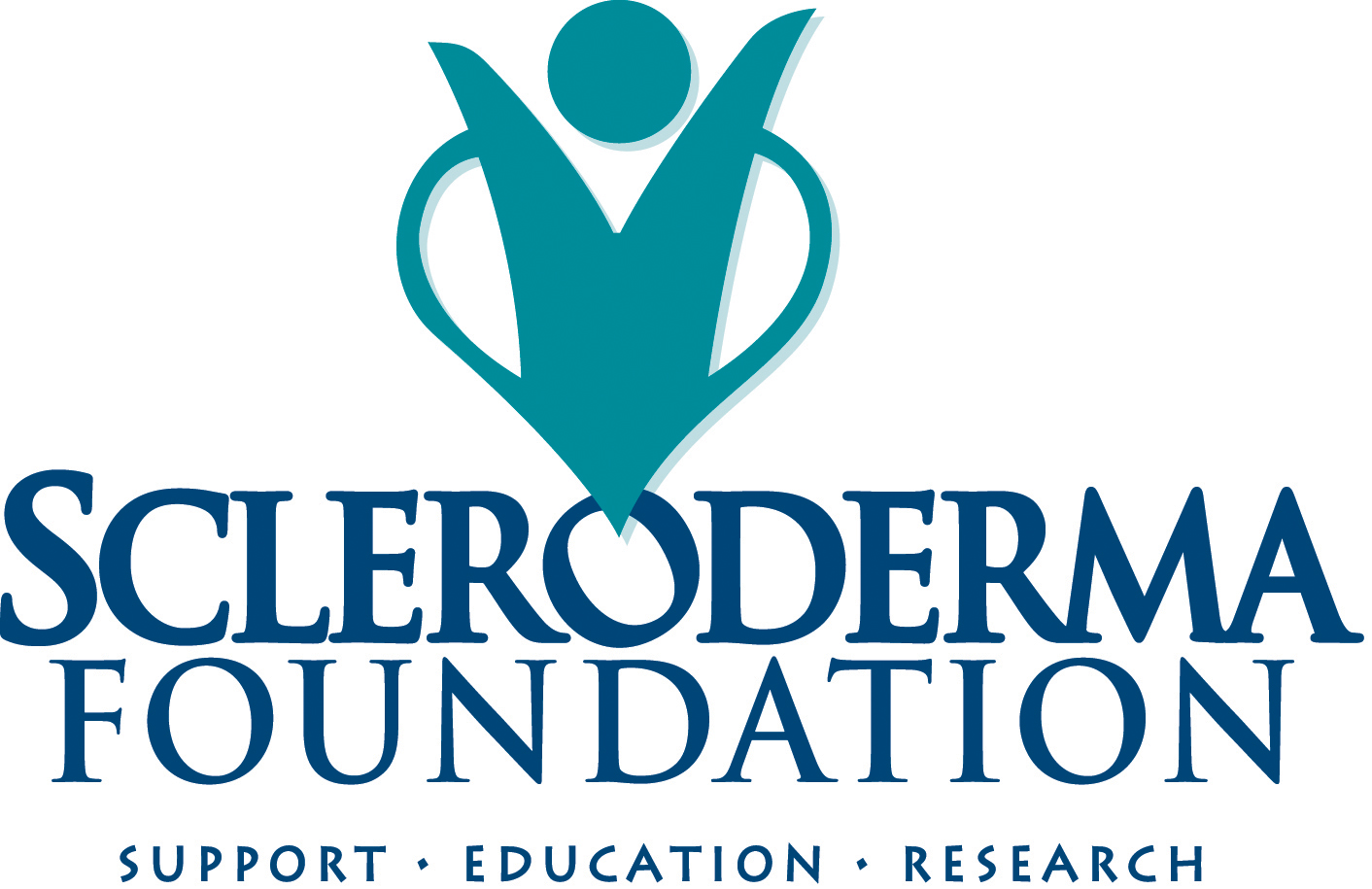What is Scleroderma
Scleroderma means hard skin. It is an autoimmune related disease that causes abnormal growth of connective tissue. Connective tissue is the material inside your body that gives your tissues their shape and helps keep them strong. In scleroderma, the tissue gets hard or thick. It can cause swelling or pain in your muscles and joints. Symptoms of scleroderma include: calcium deposits in connective tissues, Raynaud’s phenomenon, a narrowing of blood vessels in the hands or feet, swelling of the esophagus, thick, tight skin on your fingers, and red spots on your hands and face. No one knows what causes scleroderma. It is more common in women. It can be mild or severe. Doctors diagnose scleroderma using your medical history, a physical exam, lab tests, and a skin biopsy. There is no cure, but various treatments can control symptoms and complications.
Related Resources
Looking for more Autoimmune Association resources?
Learn MoreRelated Autoimmune Patient Groups
Looking for more information?
Many of our partner organizations specialize in support for specific autoimmune diseases and have additional resources, research and care-management information available.
